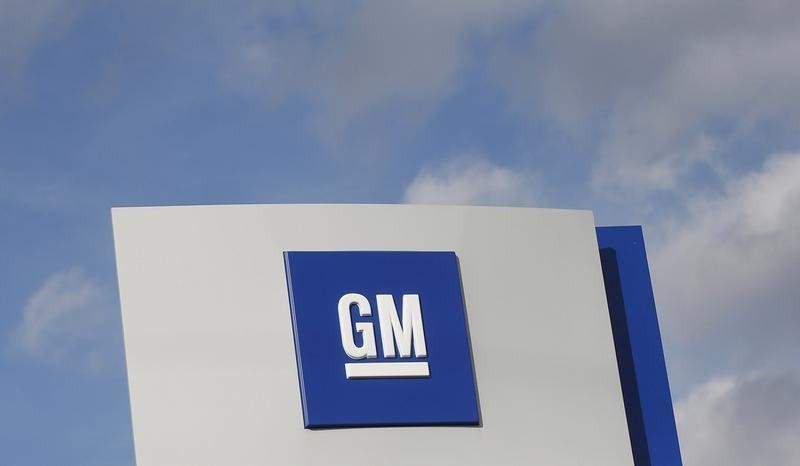By Jessica Dye
NEW YORK (Reuters) - A Texas jury said on Thursday a General Motors Co (N:GM) ignition switch, linked to nearly 400 injuries and deaths, was not to blame for a fatal 2011 crash, according to a company statement.
The verdict in Harris County, Texas, was the second in favour of GM this year in lawsuits over the now recalled ignition switch.
Plaintiff Zachary Stevens alleged that a defective switch caused him to lose control of his 2007 Saturn Sky and crash into another vehicle, killing the other driver. GM said his reckless driving was at fault.
During the trial, which opened on Aug. 9, Stevens’ lawyers pushed back against GM and noted their client suffered a severe head wound in the crash.
Manslaughter charges initially filed against him were dropped after GM recalled 2.6 million vehicles with the switch in 2014, according to his lawsuit.
Jurors deliberated for less than an hour before returning a unanimous verdict for GM, said company spokesman Jim Cain.
“We asked the jury to evaluate Zach Stevens’ case on the facts and they did,” Cain said in a statement. “The accident had nothing to do with the ignition switch.”
A lawyer for Stevens, Josh Davis, called it "a very tough loss."
The case was the third involving the switch to go to trial since the beginning of the year. The first was voluntarily dismissed by plaintiffs during the trial, and the second resulted in a verdict clearing GM of liability for a 2014 crash in New Orleans.
GM resolved some claims for injuries and deaths blamed on the switch through an out-of-court program administered by Washington lawyer Kenneth Feinberg. Federal lawsuits have been consolidated in New York City, while about 20 are pending in the Texas state court where Stevens' case was filed.
A fourth trial over the switch is set to begin on Sept. 12 in Manhattan.

GM has paid roughly $2 billion in criminal and civil penalties and settlements in connection with the switch, which can rotate out of position and cut power to steering, brakes and air bags. The company previously acknowledged that some of its employees knew about the switch defect for years before a recall was initiated.